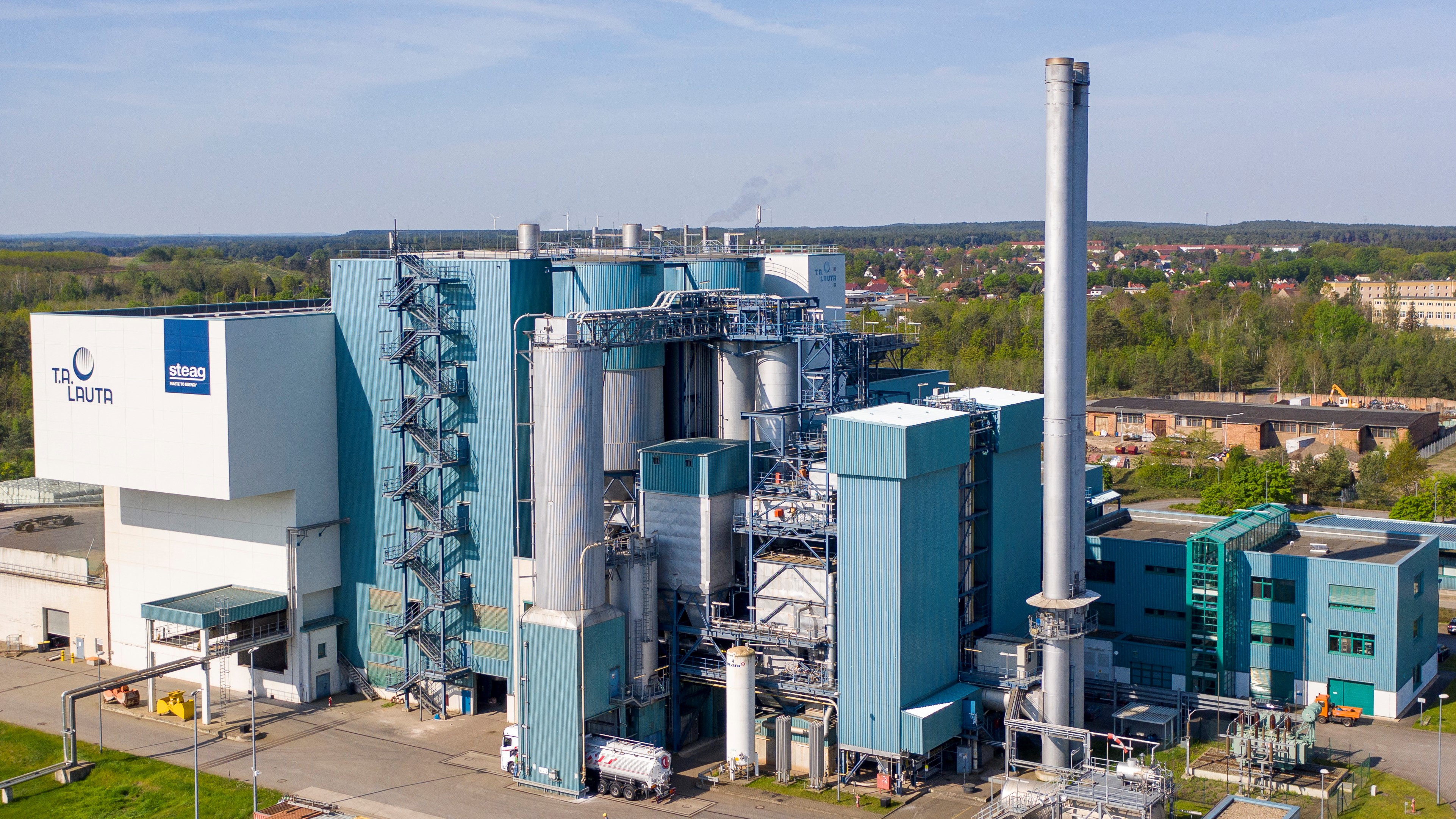Membranes for climate-neutral waste incineration
In the “KlimProMem” project, climate-neutral processes in the feedstock industry are being further developed – specifically, CO2 is to be separated from flue gases of waste incineration plants using membrane technology and soda ash production is to be used as a CO2 sink. For this purpose, membranes, plant and process concepts are being tested to enable climate-neutral and energy-efficient production of important basic materials. For gas separation, carbon membranes are being developed at Fraunhofer IKTS and scaled for use in large plants. In field trials, the developments of the project partners will be integrated and tested in two waste incineration plants. The German Federal Ministry of Education and Research (BMBF) is supporting the project as part of the funding objective “Avoidance of climate-relevant process emissions in industry (KlimPro-Industrie)” with approximately 1.5 million euros over three years.

Worldwide, 280 million tons of waste are incinerated annually. Due to the lower space requirement and legal regulations, thermal recycling in waste incineration plants is used in many countries. The resulting flue gas contains carbon dioxide and is therefore harmful to the climate. In this respect, the aim of the joint project “KlimProMem” is not only to separate the CO2 from the flue gas, but also to use it for the production of basic chemicals in the sense of a circular economy approach. This process is to be designed as energy-efficiently as possible, which is why the use of geothermal energy is being combined for the first time with the energy-efficient thermal process of membrane distillation.
Carbon membranes developed at Fraunhofer IKTS are integrated into a plant concept for CO2 separation. Compared to polymer membranes, carbon membranes offer more favorable chemical and mechanical stability. In the sense of closed value chains, the further processing of the separated CO2 to soda, natron and other products by means of electrochemical membrane processes will be tested. Soda and natron are basic chemicals that are used in many areas of the economy and in everyday life (e.g. glass production, cleaning agents, water treatment). As a final step, pilot plants will be installed and tested in two waste treatment plants with different waste gas compositions.
The partners in the consortium contribute to the realization of the project goals with their many years of experience in different areas of expertise. Fraunhofer IKTS coordinates “KlimProMem” and, as a research institution, contributes expertise in the development of inorganic membranes and the use of membrane processes in materials recycling. E.S.C.H. Engineering Service Center und Handel GmbH develops plants for gas processing. Vulcan Energie Ressourcen GmbH contributes know-how in the field of geothermal energy. As an associated partner, the CIECH Group has experience in the utilization of industrial CO2. Field trials are being conducted with partners IQONY GmbH and PreZero Energy at thermal waste treatment plants in Lauta (Saxony) and Zorbau (Saxony-Anhalt).